Many African countries restrict their airspace to support their state-owned national airlines. That’s why it’s so difficult for private airlines to succeed in Africa.
It took several years of negotiations for Fastjet, a low-cost private airline based in Tanzania, to obtain operating rights for the Harare-Bulawayo line. However, the flight distance between these two big cities in Zimbabwe is only about 228 miles, a 45-minute flight. Even worse, it took Fastjet three years to start operations in Zimbabwe. How to explain such a situation?
Airspace restrictions
This is not specific to Zimbabwe, many African countries limit their airspace to support their state-owned national airlines. That’s why it’s so difficult for private airlines to succeed in Africa.
Over the past 35 years, more than 40 airlines have gone bankrupt in Nigeria, where domestic flights are regularly experiencing delays or cancellations.
In the early 1960s, African states started implementing high taxes and restrictive policies to protect their state-owned airlines and assert their status as nations.
However, these state-owned African airlines have little reason to boast. The majority of them have failed, unable to generate enough revenue to cover their costs. Today, there are only three major sub-Saharan intercontinental airlines: Kenya Airways, Ethiopian Airlines and South African Airways. Ethiopian Airlines, which is owned by the government, is the only one to be profitable. The other airlines lose hundreds of millions each year and survive only through government subsidies.
Liberalizing aviation in Africa
In 1978, when President Jimmy Carter signed the Airline Deregulation Act, Southwest, which was banned from flying out of Texas, was free to offer its service at low prices in all other states, paving the way for the development of low cost companies. In Europe, the deregulation that started in 1997 allowed Ryanair to compete freely, which made it possible to offer consumers low prices on air tickets.
Today, a budget European or American traveler has a wide range of choices. He can choose a simple low-cost service such as Southwest, JetBlue or Ryanair, or a luxurious service like the one offered by Virgin Atlantic or Delta Airline. Thanks for deregulation, air transport is therefore restricted to the happy few.
The power of deregulating the aviation industry in Africa can not be understated, from helping modernize economies and ripping the benefits of increased globalization, to allowing the growing middle class to travel within and out of Africa easily.

John is a passionate traveler who has traveled to over 46 countries on more than 30 different airlines. He loves surfing, booking hotels and flights using his frequent flyers points, and exploring new cultures. John lives in London.

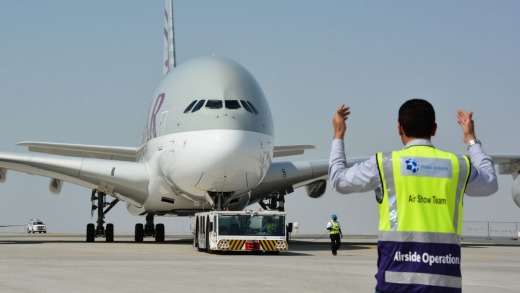
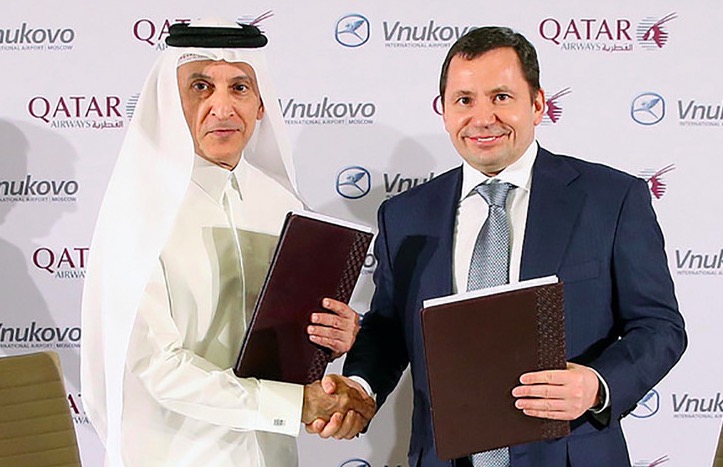
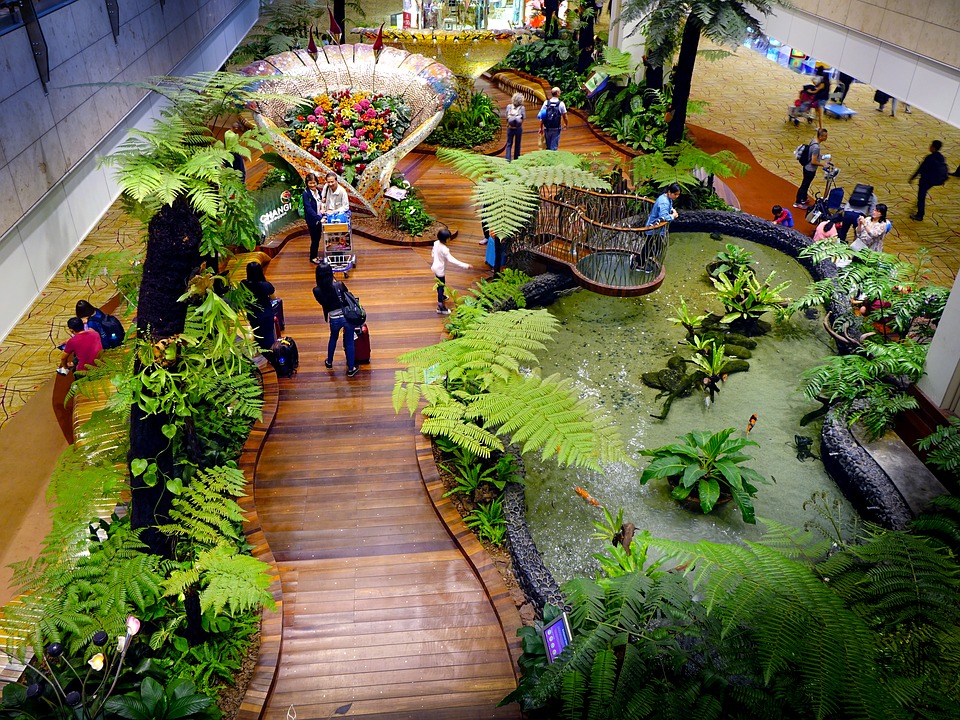
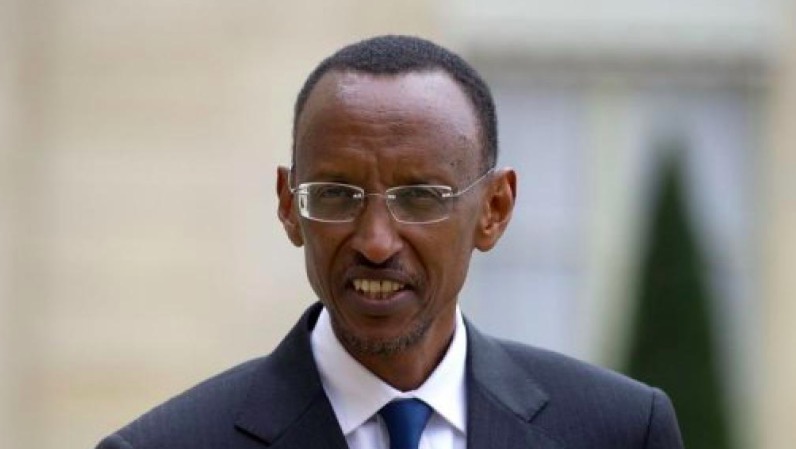

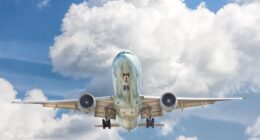
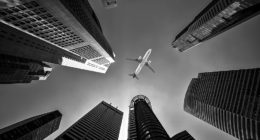
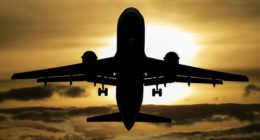
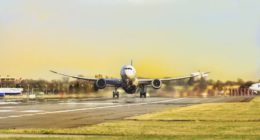
1 comment
Hi John. Please review your article before posting. A few errors, is it 1060 or 1960? It’s not a 45 minutes drive but flight between Harare and Bulawayo. These mistakes take away from a otherwise brilliant article. However very insightful indeed